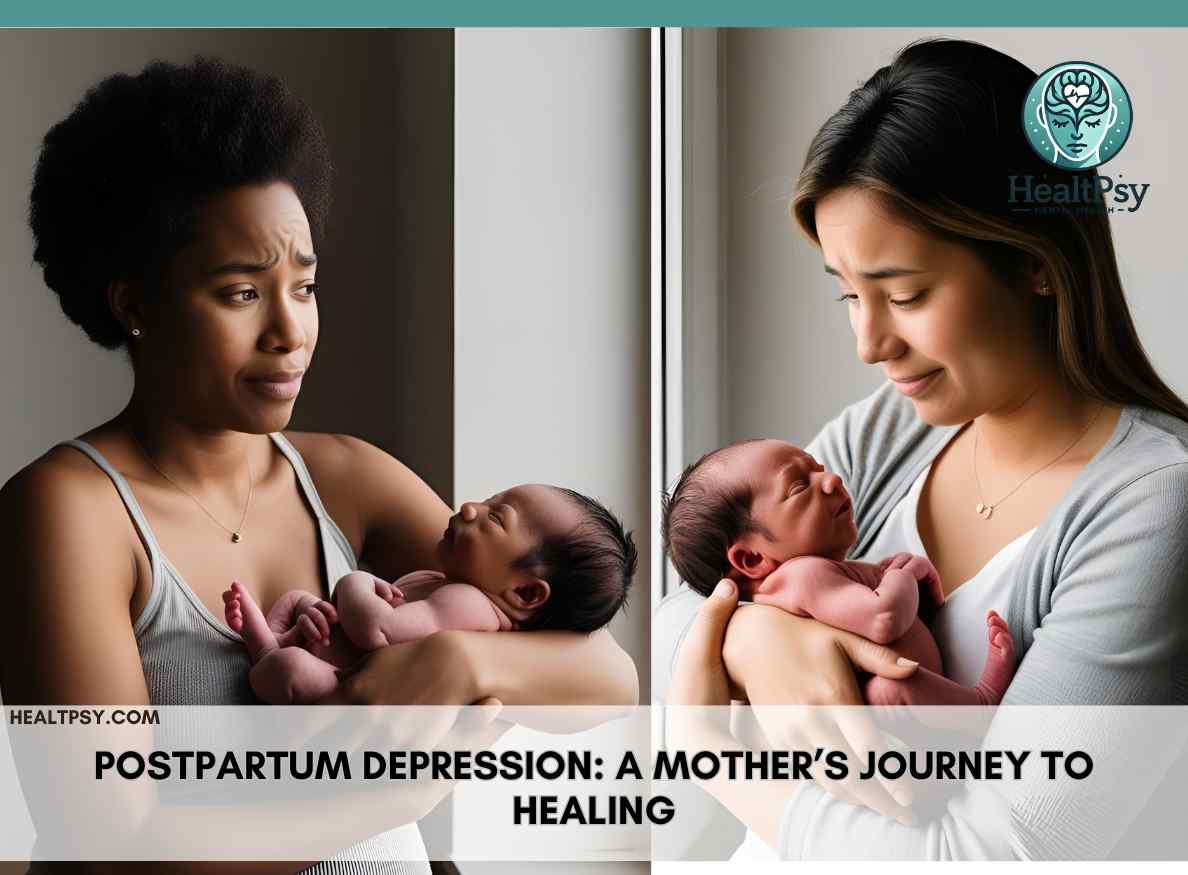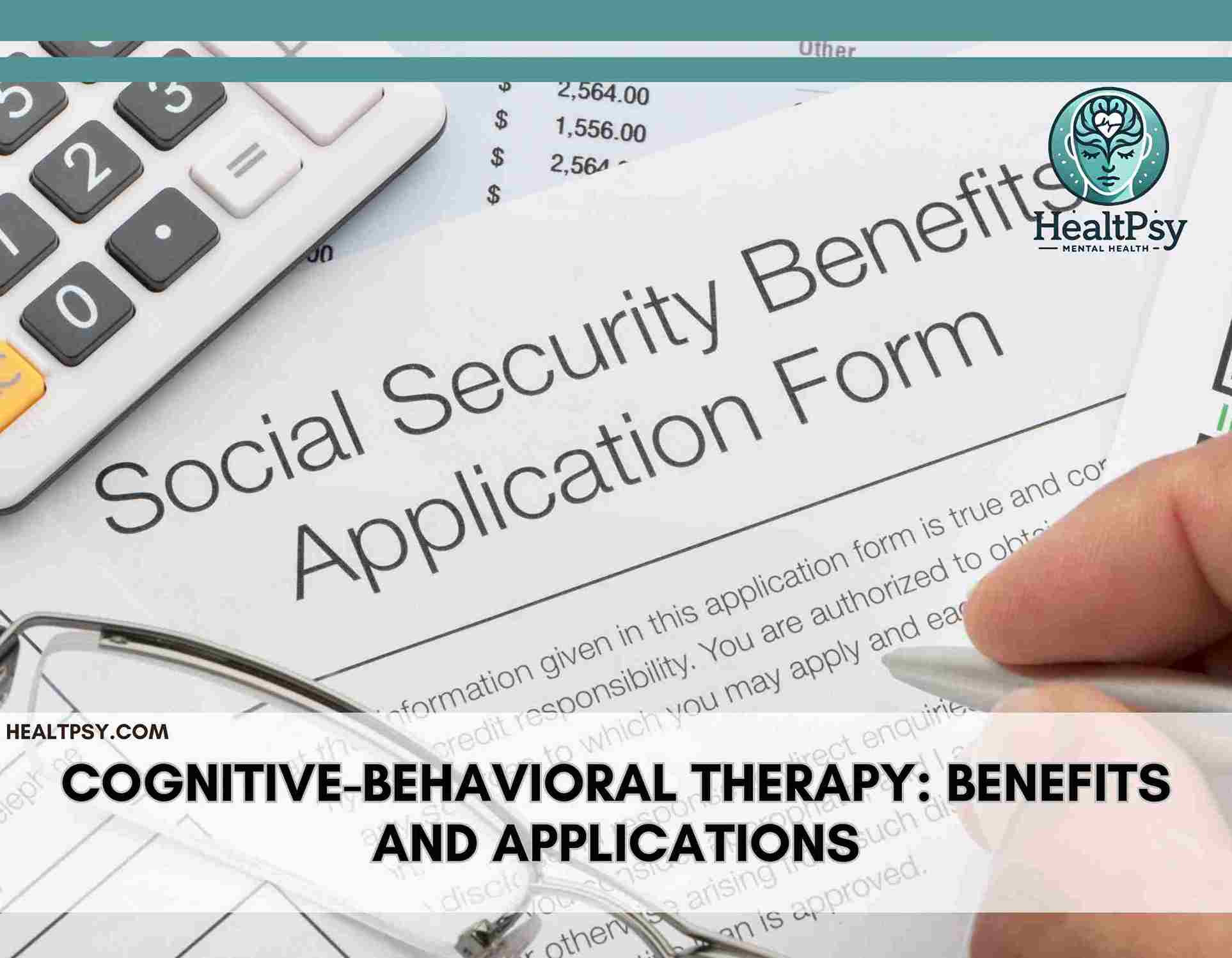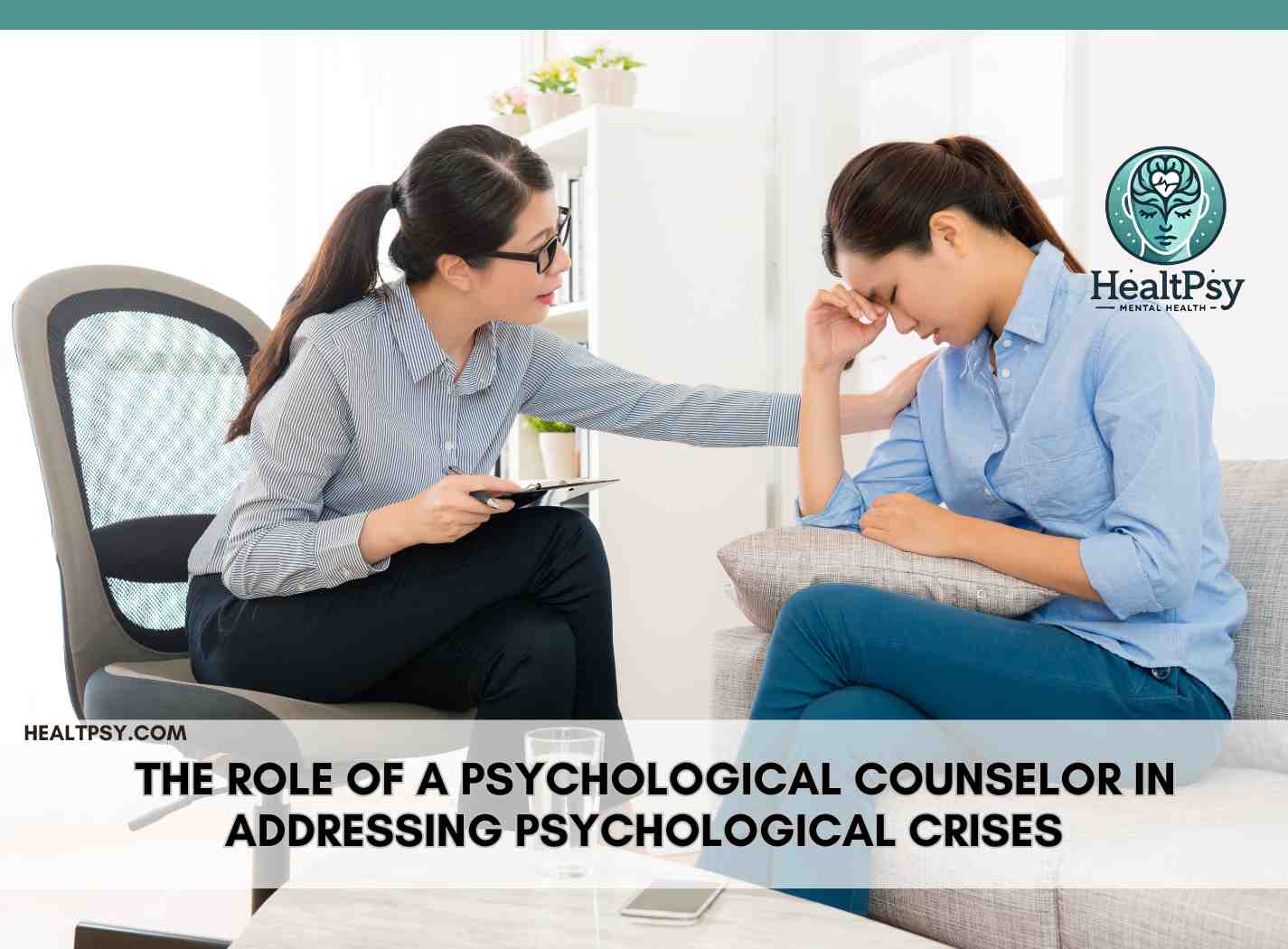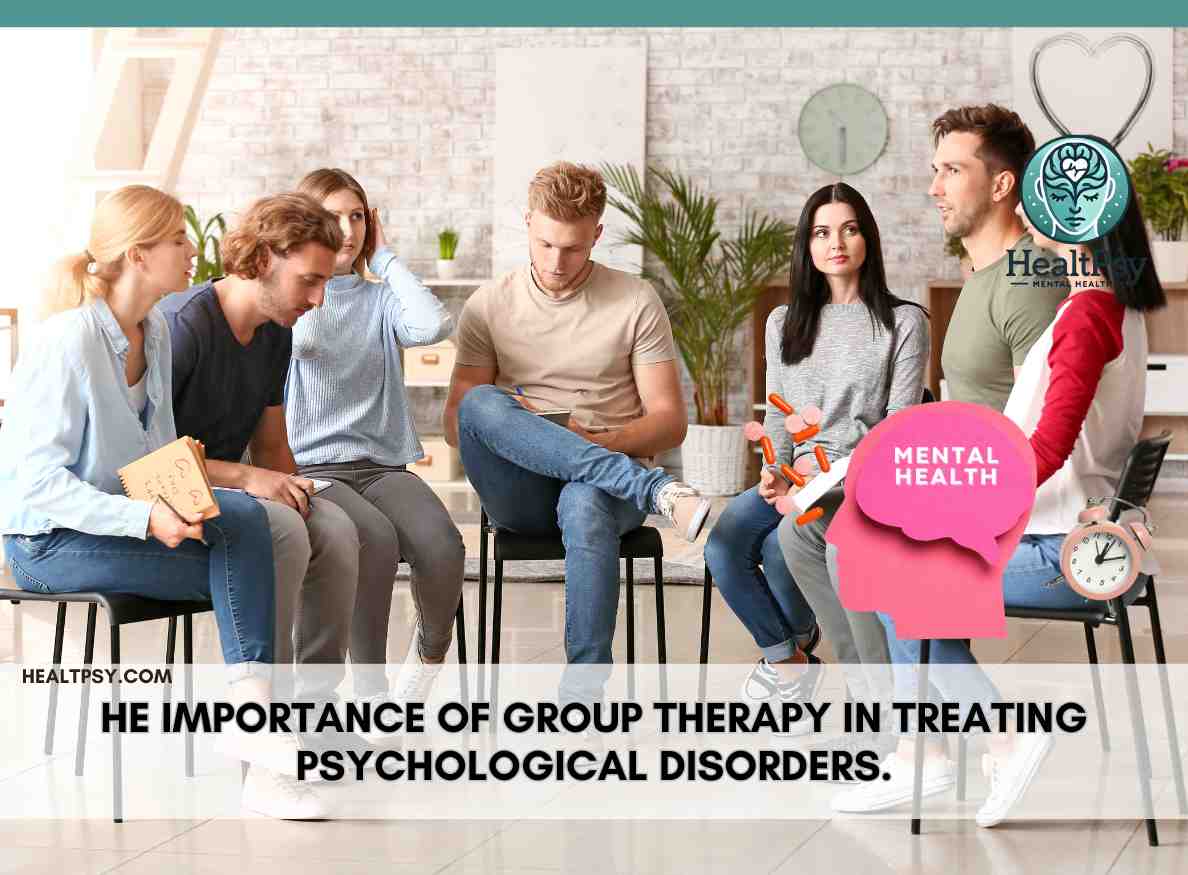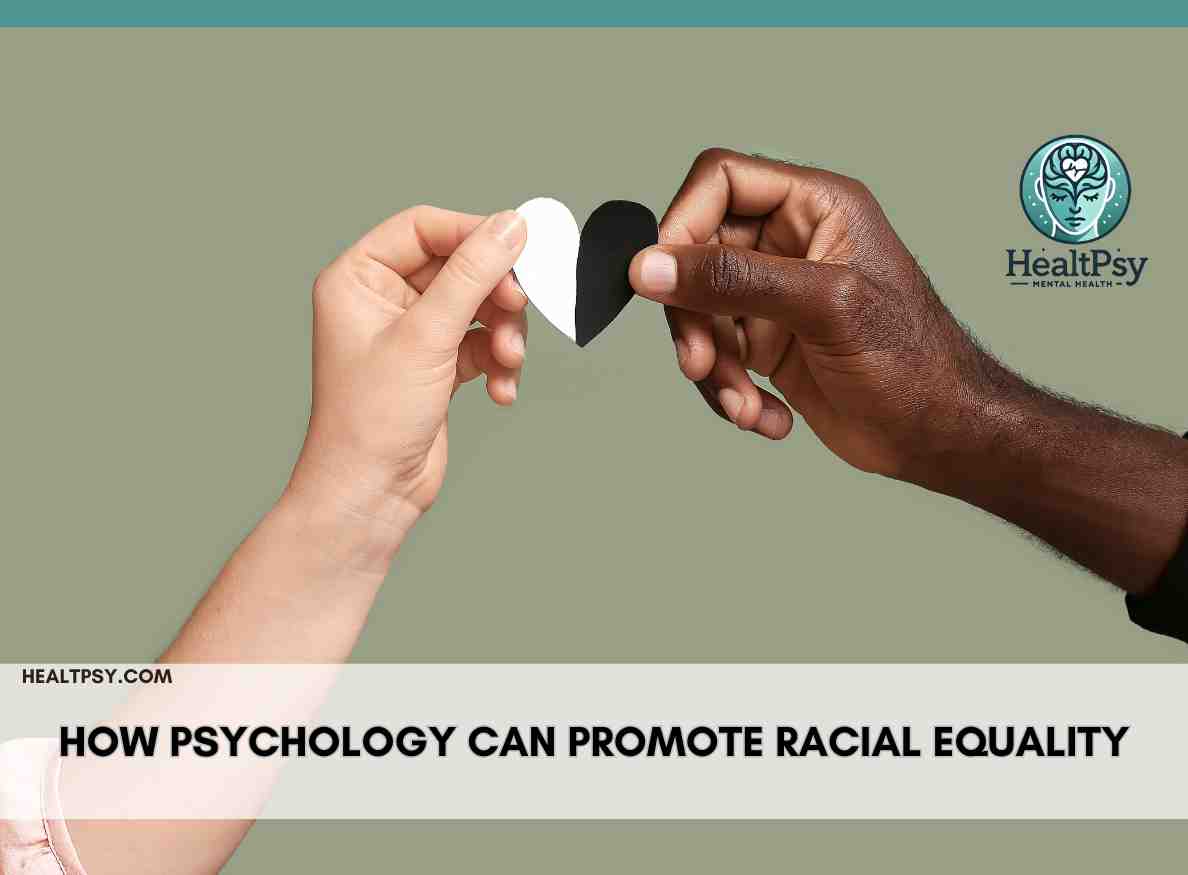Postpartum Depression: A Mother’s Journey to Healing
🚀 7 Proven Steps to Overcome Postpartum Depression: A Mother’s Journey to Healing
Introduction
Postpartum depression (PPD) is a significant mental health condition that affects many mothers after childbirth. Experiencing persistent sadness, anxiety, fatigue, and emotional distress during what is expected to be a joyful time can be overwhelming. Understanding the signs, causes, and effective treatments for postpartum depression is crucial for mothers and their families.
In this article, we’ll explore the causes of postpartum depression, its impact on mothers, and 7 proven strategies for overcoming PPD and promoting mental well-being.
📌 For more mental health support, visit our section on Psychological Support and Therapy.
What Is Postpartum Depression?
Postpartum depression is a mood disorder that can affect women after childbirth. It is more severe and long-lasting than the common “baby blues,” which typically resolve within two weeks.
Symptoms of Postpartum Depression Include:
✔ Persistent feelings of sadness, hopelessness, and emptiness.
✔ Loss of interest in activities once enjoyed.
✔ Changes in appetite and sleep patterns.
✔ Difficulty bonding with the newborn.
✔ Fatigue, lack of energy, and irritability.
✔ Feelings of guilt, shame, or inadequacy as a mother.
✔ Severe cases may include thoughts of self-harm or harming the baby.
📌 Learn more about recognizing mental health symptoms in How to Recognize the Symptoms of Psychological Disorders.
What Causes Postpartum Depression?
1. Hormonal Changes
After childbirth, levels of estrogen and progesterone drop sharply, affecting mood and emotional stability.
2. Psychological Factors
A history of depression, anxiety, or trauma increases the risk of PPD.
3. Social and Environmental Factors
✔ Lack of support from partners, family, or friends.
✔ Financial stress, relationship conflicts, or isolation can trigger postpartum depression.
4. Physical Factors
✔ Sleep deprivation and the physical demands of caring for a newborn contribute to emotional exhaustion.
🔗 External Source: Mayo Clinic – Causes of Postpartum Depression (DoFollow)
The Psychological Impact of Postpartum Depression on Mothers and Families
Postpartum depression affects not only the mother but also the newborn and the entire family.
✔ Mothers may feel disconnected from their baby, leading to challenges in bonding.
✔ Infants may experience delayed development due to lack of emotional engagement.
✔ Partners and family members often feel helpless and stressed, impacting relationships.
📌 For tips on maintaining mental well-being, check out The Importance of Self-Care in Preventing Psychological Issues.
7 Proven Steps to Overcome Postpartum Depression
1. Seek Professional Help Early
✔ Consult with a mental health professional specialized in postpartum depression.
✔ Therapies like Cognitive-Behavioral Therapy (CBT) and Interpersonal Therapy (IPT) are highly effective.
📌 Find psychological support in Psychological Support and Therapy.
🔗 External Source: Postpartum Support International (DoFollow)
2. Build a Strong Support Network
✔ Reach out to family, friends, and support groups for emotional support.
✔ Join postpartum support groups both online and offline to share experiences.
📌 Explore the importance of social connections in The Impact of Social Support in Preventing Psychological Disorders.
🔗 External Source: Mental Health America – Social Support (DoFollow)
3. Prioritize Self-Care
✔ Rest whenever possible, even if it means asking for help with the baby.
✔ Practice mindfulness, meditation, or yoga to reduce anxiety and improve mood.
📌 Learn self-care techniques in The Importance of Self-Care in Preventing Psychological Issues.
🔗 External Source: American Psychological Association – Self-Care (DoFollow)
4. Maintain a Healthy Lifestyle
✔ Eat a balanced diet rich in nutrients, including omega-3s, which are linked to improved mood.
✔ Exercise regularly – even short walks can enhance mental well-being.
📌 Read about exercise benefits in The Role of Exercise in Mental Health.
🔗 External Source: Harvard Health – Exercise and Depression (DoFollow)
5. Manage Expectations and Set Realistic Goals
✔ Acknowledge that parenting is challenging and perfection is unrealistic.
✔ Break tasks into manageable steps and celebrate small achievements.
🔗 External Source: National Institute of Mental Health – Postpartum Depression (DoFollow)
6. Consider Medication if Recommended
✔ Antidepressants can be prescribed safely, even during breastfeeding.
✔ Always discuss risks and benefits with your healthcare provider.
🔗 External Source: Cleveland Clinic – Postpartum Depression Treatment (DoFollow)
7. Stay Connected with Your Baby
✔ Practice skin-to-skin contact, cuddle, and talk to your baby often.
✔ Bonding can improve your mood and enhance your baby’s development.
📌 For parenting tips, visit Mental Health for Children and Adolescents.
Long-Term Effects of Untreated Postpartum Depression
✔ If left untreated, PPD can lead to chronic depression, anxiety disorders, and strained relationships.
✔ Children of mothers with untreated PPD may experience emotional and behavioral issues.
📌 For support on managing depression, read Managing Depression: Symptoms, Causes, and Treatment Methods.
Conclusion
Postpartum depression is a challenging but treatable condition. Recognizing the signs, seeking timely help, and following proven strategies can help mothers recover and enjoy motherhood. Remember, asking for help is a sign of strength, not weakness.
📌 For more mental health resources, visit Psychological Support and Therapy.
you might also like
Introduction Cognitive-Behavioral Therapy (CBT) is a highly effective, evidence-based psychotherapy approach focused on identifying and modifying negative thought patterns and [...]
Introduction Life crises can arise from unexpected events such as trauma, grief, financial difficulties, or emotional distress. During these challenging [...]
Group Therapy for Psychological Disorders :Introduction Group therapy is a powerful and effective treatment approach for various psychological disorders. It [...]
Introduction Psychology and racial equality are deeply interconnected fields that work together to dismantle systemic biases and promote inclusivity. Psychologists, [...]

